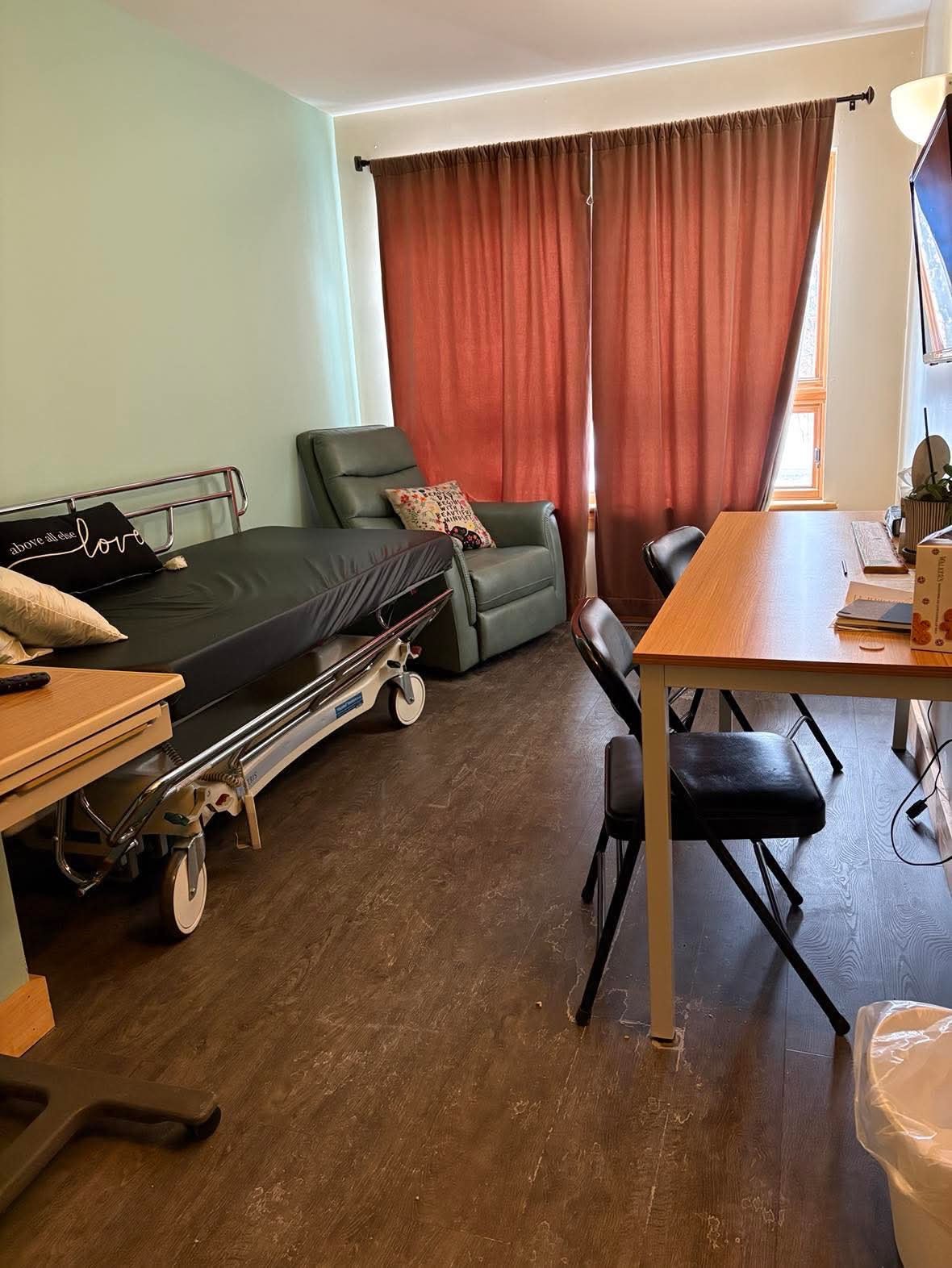Welcome to JTRCC!
The dictionary defines Recovery as a return to a normal state of health, mind, or strength. We at JTRCC think that definition sounds exactly right.
Journey to Recovery is a Peer Support Recovery Center. What is Peer support? Peer Support is a process of providing emotional, social, or practical help to someone who is going through a challenge. The support comes from someone who has similar experiences or has been through the same challenges. What this means is that every Peer Support Worker and Recovery Coach at JTRCC has either personally struggled with addiction, or loved someone who has. Having this kind of direct experience, and having to face our struggles and resurrect them gives us the practical, compassionate, and effective approach we offer.
Our Approach
We work with people struggling with any kind of substance. We work with loved ones also. We are here to listen and support and help you develop the best way forward for you.
We at JTRCC are here to meet you where you are at. We offer a trauma-centered approach. We are not abstinence-only. We support all pathways to recovery, and we help you develop the pathway that is best for you.
We are here to help you on your recovery journey. What does recovery mean to you?
We are here to help you discover just that. Recovery, in its simplest form, just means a path forward that allows you a happy and stable life. You get to define what happy and stable looks like for you.
Our Services
Meet the Staff
-
Lila Bennett
Executive Director
-
Melissa Mosley,
Assistant Director
-
Meagan Blake
Coach Supervisor
-
Jay Caroli
Coach Supervisor
-
Samarah Alberghini-Giroux
-
Tanner Parenteau
Recovery Coach
-
Governor Robb
Recovery Coach
-
William Thomas
Recovery Coach
-
Sara Rice
Receptionist
Meet the Board
-
Alexis Carpenter
Board Chair
-
Claudia Alexander
Secretary
-
Kitty Edwards
Treasurer
-
Joe Malgeri
Member at Large
-
Fran Gross
Member at Large
-
Effie Brown
Member at Large
-
Michelle Maitri-Mudita
Member at Large







